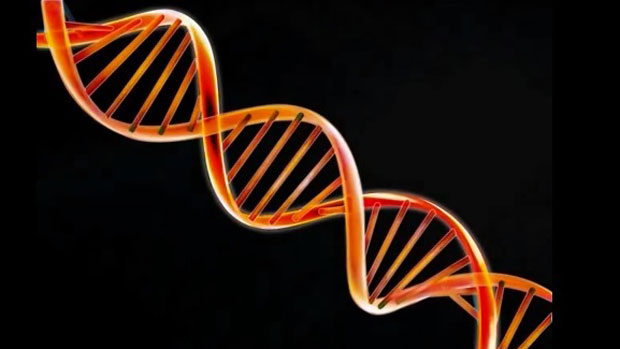How pioneering DNA project aims to transform cancer care
Scientists say Britain's 100,000 Genomes Project has the potential to revolutionise medicine

A free daily email with the biggest news stories of the day – and the best features from TheWeek.com
You are now subscribed
Your newsletter sign-up was successful
Britain has become the first country in the world to launch a pioneering DNA project that promises to transform treatment for cancer and rare diseases.
The "100,000 Genomes Project" will study the genetic code of tens of thousands of people in the hope of finding which genes are responsible for certain diseases. Prime Minister David Cameron will announce a package of deals today worth £300m towards the project. The first few hundred patients have already donated DNA in pilot projects in London, Cambridge and Newcastle, with 100,000 genomes expected to be sequenced within the next four years.
How does genome sequencing work?
The Week
Escape your echo chamber. Get the facts behind the news, plus analysis from multiple perspectives.

Sign up for The Week's Free Newsletters
From our morning news briefing to a weekly Good News Newsletter, get the best of The Week delivered directly to your inbox.
From our morning news briefing to a weekly Good News Newsletter, get the best of The Week delivered directly to your inbox.
The human body is made up of trillions of cells, of which nearly every one contains a genome – a complete set of instructions about how that individual's body is made. Each genome is written in the four-letter language of DNA (A, C, T and G). By taking tissue or blood samples from a patient, scientists are able to record this unique genetic code and identify any specific genes responsible for a rare disease or the mutations that are driving the growth of cancer cells.
What is the purpose of the project?
The aim is to improve diagnosis and treatment of cancer and other diseases. It will help identify groups for targeted trials of new treatments and determine which drugs will be the most effective for individual patients. For example, sequencing genomes has previously revealed that breast cancer is not one disease but at least ten diseases, each with a different cause and treatment. This means some breast cancer patients can now be given targeted drugs if they show a certain mutation. The 100,000 Genomes Project aims to make such breakthroughs on a "massive scale", says the BBC.
Who will be involved in the 100,000 Genomes Project?
A free daily email with the biggest news stories of the day – and the best features from TheWeek.com
The project, run by a new government-owned company Genomics England, is hoping to sequence the genomes of 20,000 cancer patients and 20,000 people with rare diseases. Three genomes will be sequenced for every person with a rare disease: from the patient and from two close relatives, says the Financial Times. For every cancer patient, scientists will sequence one genome from healthy tissues or blood and one from the cancerous tissues.
What are the implications for medical science?
"Scientists expect the project to be pivotal to the development of future personalised treatments based on genetics, with the potential to revolutionise medicine," says the Daily Telegraph. Prof Jeremy Farrer, director of the Wellcome Trust, believes that genome sequencing will become standard practice within our lifetime. "Understanding humanity's genetic code is not only going to be fundamental to the medicine of the future," he says. "It is essential part of medicine today. In rare congenital disease, in cancer and in infections, genomic insights are already transforming diagnosis and treatment." He believes it could also spell the end of chemotherapy treatment for cancer patients, along with side-effects such as hair loss and damage to healthy body tissue.
Are there any privacy risks?
Strict confidentiality rules will be enforced but those consenting to have their DNA sequenced will have to agree to pharmaceutical companies accessing the data, as well as academics and doctors. Relevant data will also be passed on to an individual's doctor. Information that identifies a patient will only be available to doctors treating them. However, Ross Anderson, a security expert at Cambridge University tells The Guardian: "Anybody who says they can protect the privacy of your genomic data by anonymising it is mistaken." He warns that genomic information is far more sensitive than the kinds of details people freely share on social networks and could become even more valuable as more is understood about genetics in the future.
-
 Political cartoons for February 20
Political cartoons for February 20Cartoons Friday’s political cartoons include just the ice, winter games, and more
-
 Sepsis ‘breakthrough’: the world’s first targeted treatment?
Sepsis ‘breakthrough’: the world’s first targeted treatment?The Explainer New drug could reverse effects of sepsis, rather than trying to treat infection with antibiotics
-
 James Van Der Beek obituary: fresh-faced Dawson’s Creek star
James Van Der Beek obituary: fresh-faced Dawson’s Creek starIn The Spotlight Van Der Beek fronted one of the most successful teen dramas of the 90s – but his Dawson fame proved a double-edged sword